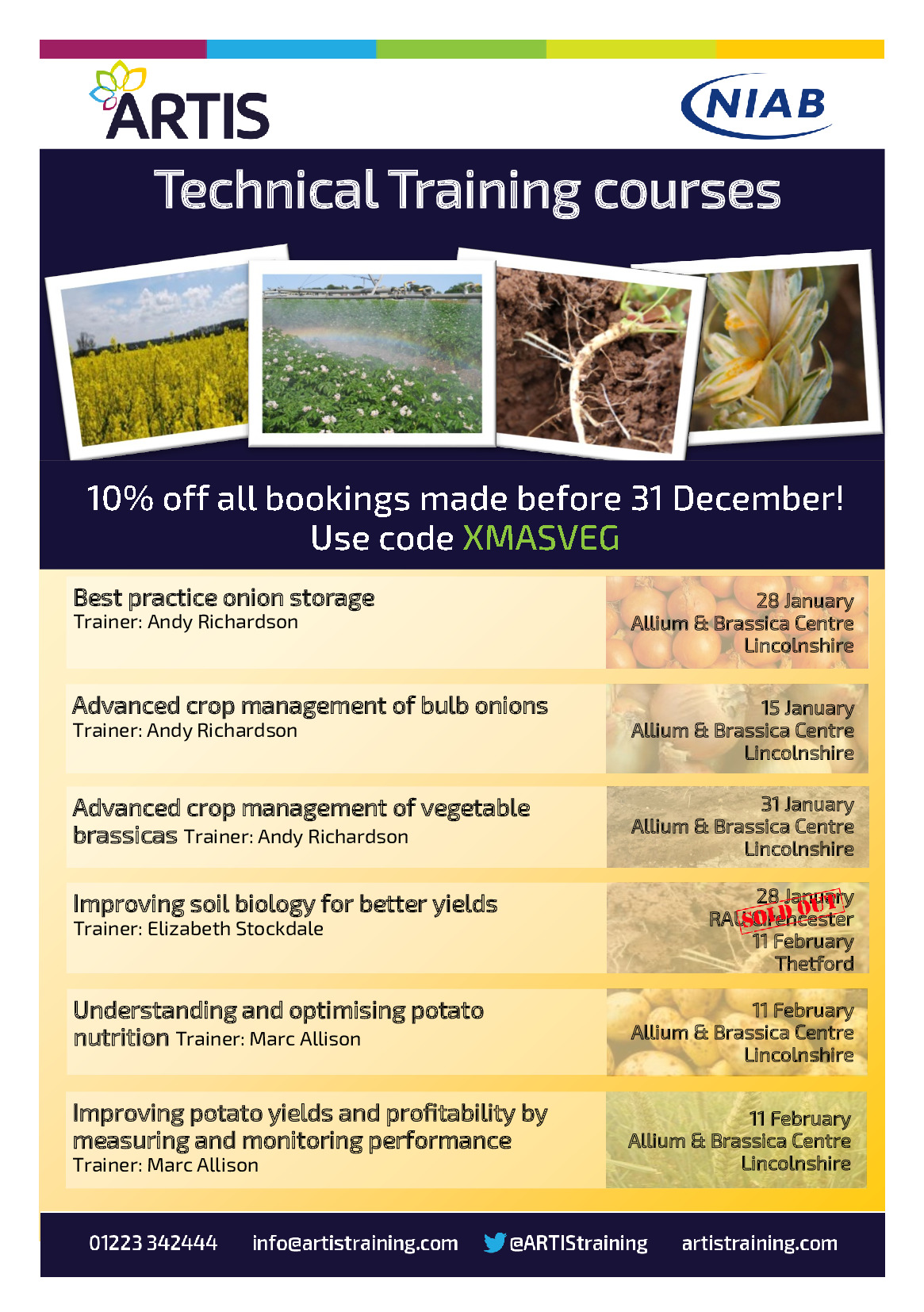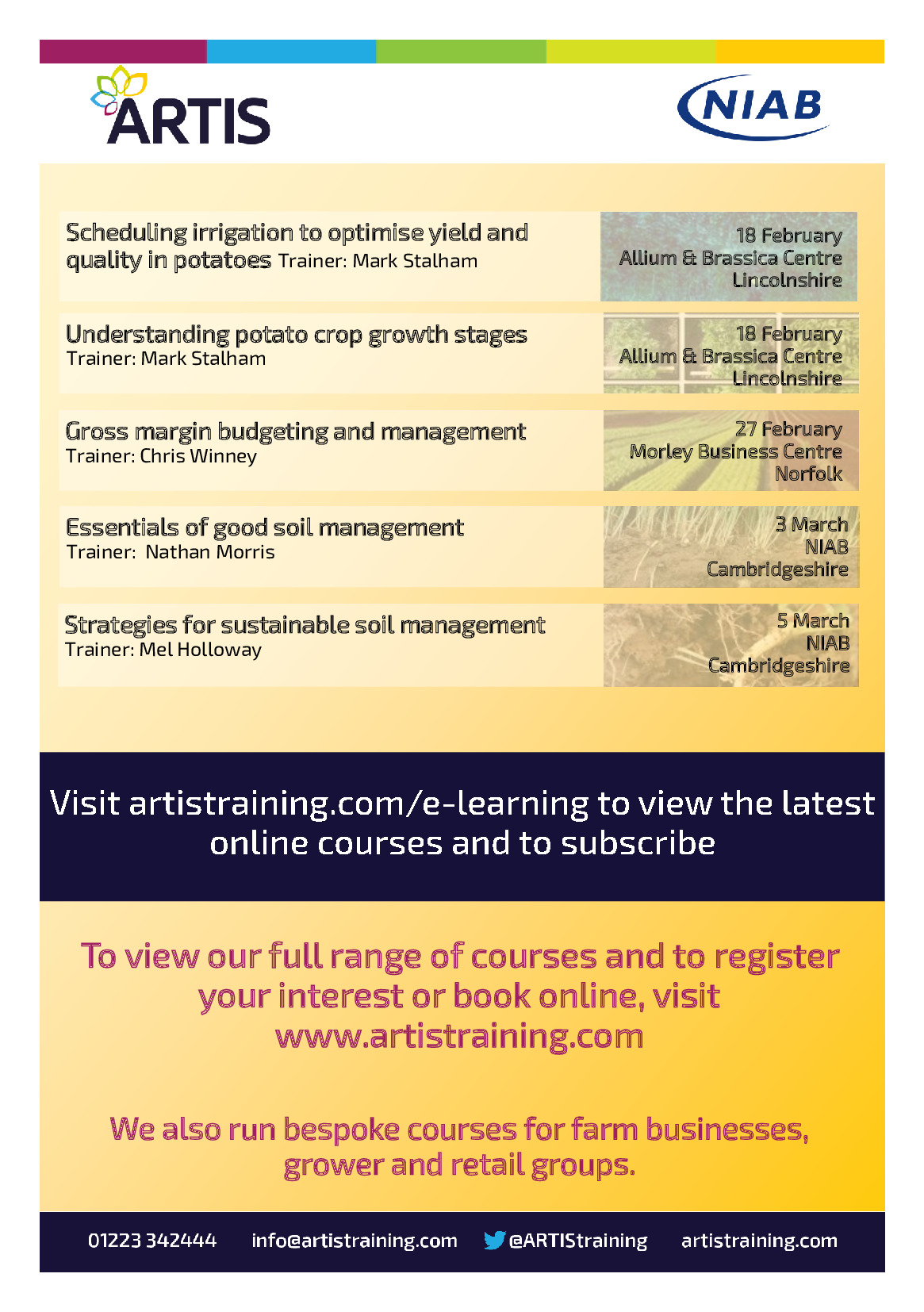
Grower confidence is reaching rock bottom
Brassica growers in Lincolnshire, Yorkshire, Cornwall and Scotland are assessing the impact of record volumes of winter rainfall on winter crops. Parts of Lincolnshire experienced half their annual average rainfall in the last three months of 2019 and the start of 2020 has been no better.
We may be in the depths of winter explained Jack Ward of British Growers, but brassica production should be in full swing. This is prime season for cauliflowers, savoy cabbages, kale, spring greens and Brussel sprouts. These are classic winter crops providing our staple vegetables during the winter months.
At a recent meeting, UK Brassica growers compared notes on the impact of the weather on their crops and the toll which 2019 and the first half of 2020 has and is likely to continue having on production. In the short-term crops like cauliflower, kale and Savoy cabbage are in reasonable supply but poor growing conditions in the autumn mean that these crops will start to run short in February and March. Excessive rain has depressed yield and increased disease levels and across the board and production levels are down dramatically.
And the bad news continues. Late cauliflowers due for harvest in April and May will be affected and are likely to be in short supply. And a similar picture is emerging for spring greens which fill the traditional hungry gap from April through to June. Some fields in Lincolnshire have wet patches where crops have died out as they struggle to survive, this will continue to affect crop yields up until the new season starts in June.
Grower confidence and a willingness to continue investing has been badly hit by two consecutive seasons of difficult conditions. Production costs have continuously outstripped returns and loss-making brassica crops are forcing growers to ask difficult questions about the future. Brassicas areas are declining with growers looking to lower risk cereal crops as a safer and more profitable alternative. There needs to be an urgent review around the sustainability of grower returns and the level of return required to invest effectively for the future. Lines, likes broccoli which demand high levels of labour input in the packaging process are especially vulnerable to increasing costs and in adequate returns.
There is a cruel irony here explained Jack Ward. As we embrace the importance of vegetables in the diet and recognise the need to increase our consumption of vegetables and fruit, our brassica growers are contemplating exit strategies rather than increased future investment.
We need to rethink the supply model for vegetables. While cheap vegetables may look like an attractive proposition, some of the current pricing models fall well short of allowing growers to meet the true costs of production. Ultimately this is eroding our supply based and productive capacity. This is not where we want or need to be as we move into a brave new post Brexit economy.
Love Your Greens, Brassica Growers’ Association
BGA House, Nottingham Road, Louth, Lincolnshire, LN11 0WB
telephone: 01507 353791 fax: 01507 600689
email: jack.ward@britishgrowers.org website:www.loveyourgreens.co.uk
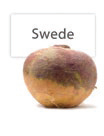

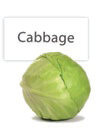
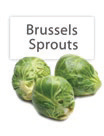


Non-Executive Board Members Application
Covent Garden Market Authority Team (CGMA) at DEFRA are currently recruiting non-executive board members. The CGMA is a public statutory corporation that runs the UK’s largest wholesale fruit, vegetable and cut flower market in the UK. Located at Nine Elms in Vauxhall, the market is currently being rebuilt to create a brand new world class facility that will be at the heart of a vibrant new Food Quarter for London.
The CGMA Board provides leadership and strategic vision as the organisation focusses on the successful delivery of this exciting redevelopment project.
The campaign is now open with a closing date of 10th February 2020 at 12:00. Applications are to be made through the Cabinet Office Public Appointments website:

2020 Fellows
“On behalf of the LSA Trustees I am pleased to welcome 6 impressive individuals to the Scheme. Going into it’s second year, the Fellowship is growing from strength to strength. Alongside the 2019 cohort, they will make a truly exciting group of horticultural advocates”
Martin Emmett, LSA Charitable Trust
The LSA Charitable Trust Fellowship Scheme is pleased to introduce the 2020 cohort:
Virginia Aurora Colquhoun Gonzalez 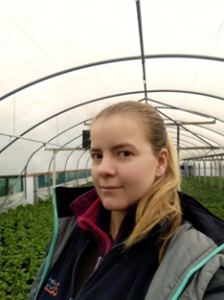
Grower Supervisor, Allensmore Nurseries.
Virginia studied horticulture and forestry in Spain where she grew up and has been involved in the industry for most of her working life, beginning with fighting fires in the Spanish forest. She finished her studies in 2011 and decided to move back to the UK in 2013 to work in commercial horticulture. Virginia recently joined Allensmore Nurseries in Hereford as a Supervisor. Prior to this she worked at Wyeplants, Lincolnshire for 3 years. Depending on the time of year she can be found putting together rotas for feeding, spraying, monitoring the health of the ornamental plants, and supervising staff.
“I hope the scheme lets me understand better how the industry works as a whole, to allow me to keep learning of new techniques and technologies. I wish to meet new people, but also to allow me to catch up with more familiar faces in the horticulture trade. My view long term is to be able to help the industry move forward, adapting to changes but also be the change when necessary. To help inspire young people to join us and make them see it can be a highly rewarding industry. All this while aiming for a personal successful career in which I am excited to see where it can take me!”
Follow her
Rebecca Smith
Technical Manager, Valley Produce.
Rebecca is currently Technical Manager at Valley Produce; a herb and Chinese brassica grower and packer in Berkshire. She has been with Valley Produce for 6 years, the first two as part of a Knowledge Transfer Partnership (KTP) project with the University of Reading developing products from herb waste. Rebecca’s’ day to day responsibilities include: food safety, quality, legality, integrity and compliance with industry and retailer standards.
Prior to working at Valley Produce, Rebecca did a PhD at the University of Nottingham investigating genetic and biochemical traits associated with frozen fruit properties.
“The Fellowship will give me a wider view of the industry through interaction with other Fellows, businesses and organisations and widen the network of people I can call upon for discussion and advice on issues relevant to my company and career. I also hope to gain a better understanding of how the industry trade bodies function, and how each body communicates with each other, the growers and the Government to draw down funding and influence policy to help businesses in the sector”
George Boreham
Breeding Nursery Manager, Edward Vinson
George is the Breeding Nursery Manager at Edward Vinson, he has been in the role for 1 year and 6 months. He is responsible for managing the glasshouse: from seeds to seedlings, to ensuring the plants leave in a healthy condition
George studied Plant Science at Canterbury Christ Church University. During his studies he worked for Driscolls and FAST (Fruit Advisory Service Team), where he gained a valuable insight into the soft fruit industry, helping his passion for plants, develop. “There is huge potential to expand new varieties into foreign soils and I’d love to be at the forefront of this one day.”
“As a new manager at my company I believe the Fellowship would give me a boost of confidence alongside establishing valuable friendships and contacts in the industry. I believe my current knowledge, ideas on future policy and self-motivation would be an asset to the Fellowship scheme and the cohorts. There will be a vast number of people in the industry I can connect with and share ideas with. It will be a great chance to gain knowledge and by doing so an opportunity to then transfer that to my own place of work at Edward Vinson and my future career in horticulture.”
Vicky Smith
Technical Manager, Glinwell Plc
Vicky works as a Technical Manager at Glinwell plc, a growing and packing business, focusing on the production of both organic and conventional protected edibles. She has been in the role since September 2019 and her role centres around providing support and guidance to our growers on compliance and assurance.
Prior to working at Glinwell Vicky was a Technical Manager at Red Tractor Farm Assurance, responsible for managing both the Combinable Crops & Fresh Produce standards. Through this role she became interested in the horticulture sector.
“I believe that taking part in the Fellowship scheme will be beneficial for a number of reasons but fundamentally I believe that it will widen my understanding of the sector, enable me to meet and make useful contacts and help to equip me with the skills needed for a future in the industry. Having the opportunity to gain knowledge from industry leaders and organisations will be of great benefit and enable me to gain understanding of current and future research and challenges within both the protected edible sector and the horticulture industry as a whole.”
Richard Nuttall
Crop Protection Manager, Viking Nurseries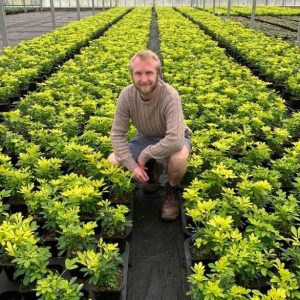
Richard studied Countryside Management at Easton College in 2003. After which he worked as a greenkeeper for 4 years, increasing his skills by studying an NVQ 2 in Turf Management, PA1 & PA6A.
He began working for Viking Nurseries in 2009 initially to assist dispatch, then as a General Manager. In 2013 he completed the RHS Level 2 in Horticulture and an NVQ 3 in Production Horticulture. Richard moved to Norway to work for Viking’s parent company Fritzøe Planteskole, learning about the production of roses and outdoor shrubs, controlling pests and diseases. In July 2018 Richard moved back to the UK and became the Crop Protection Manager for Viking Nurseries. His day to day tasks include: irrigation and nutritional crop assessment and R&D.
“I think the Fellowship scheme will help me understand my interests at a higher level, develop my knowledge regarding the leadership of the industry, how trade bodies work together and current research. It will also give me the opportunity to share my knowledge with other likeminded people and in turn, learn from them. “
Follow Richard @RichardNuttal17
Valeria Kiss
Trainee Growing Manager, APS Produce Ltd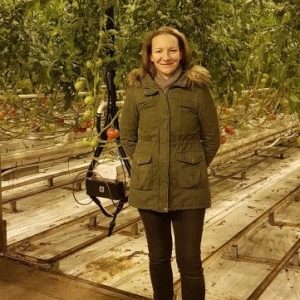
Valeria has been a trainee Growing Manager at APS Produce Ltd for 3 years. She originally started in the company as crop worker, pest and disease scout and grower’s assistant.
Her current role is to deliver top quality tomatoes to all of her customers throughout the season. Her responsibilities include: looking after glasshouse heating and ventilation strategies, watering strategies, monitoring the climate day to day, and pest and disease limitation.
“With the Fellowship Scheme I would like to take the opportunity to learn, also meet other people within horticulture industry to share our experience and knowledge. The chance to attend on conferences and to meet well experienced seniors could only improve my knowledge and future career…The Fellowship Scheme I think is a right direction towards this and hopefully the program will bring enthusiastic young growers together to maintain a competitive future for British horticulture.”
Follow Valeria @ValeriaKiss5
For more information visit the website
The LSA CT Fellowship Scheme is kindly supported by:
Chartered Institute of Horticulture, Nation Farmers Unions, British Growers, Agriculture & Horticulture Development Board, Horticultural Trades Association
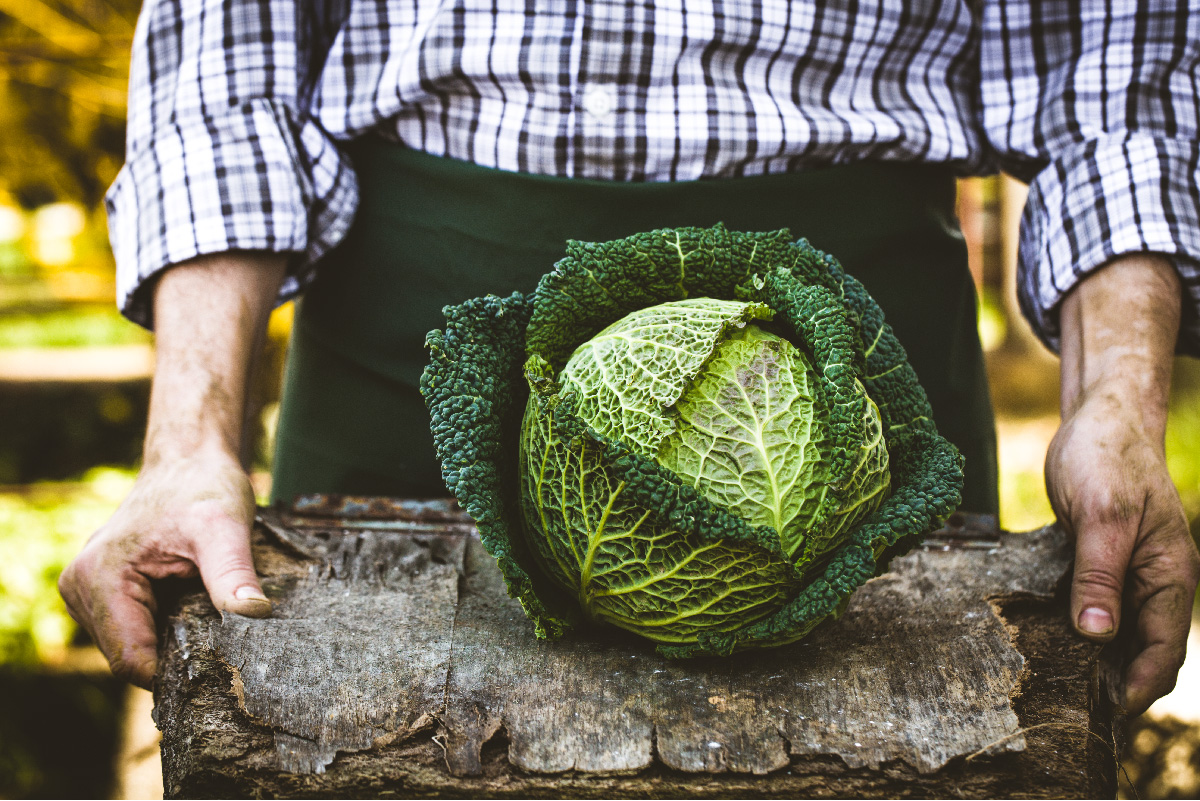
6th January 2020
The challenges for 2020
Step out into the high street at the start of 2020 and almost every shop front is emblazoned with sale details offering consumers ever more tempting discounts. But contrast this with the growing number of high streets where empty shop fronts and ‘to let’ signs are increasingly becoming the norm, and this might suggest that the continuous use of sales and price promotion is not a route to salvation.
From time to time we need to pause and reflect on how this relentless driving down of price is achieved. The margins for many commodity food suppliers are notoriously slim and yet year after year production costs continue to rise. The recent increase in the minimum wage is a good case in point. In their manifesto the Conservatives pledged to address the problem of low wages. No one would argue against the opportunity to earn enough to afford a decent standard of living. In April the living wage increases by 6.2%. For many fresh produces businesses where employment costs represent 30% or more of total production costs, finding this extra cash represents a big challenge.
One of the serious shortcomings of our current political system – and not just here in the UK, is the increasing trend of not explaining that for every upside there is usually a downside. Spending commitments must be paid for either through higher taxation or in the case of businesses through the increased costs of goods. Yes, improvements in productivity and efficiency have a part to play in mitigating increased costs, but that argument cannot be applied all the time


